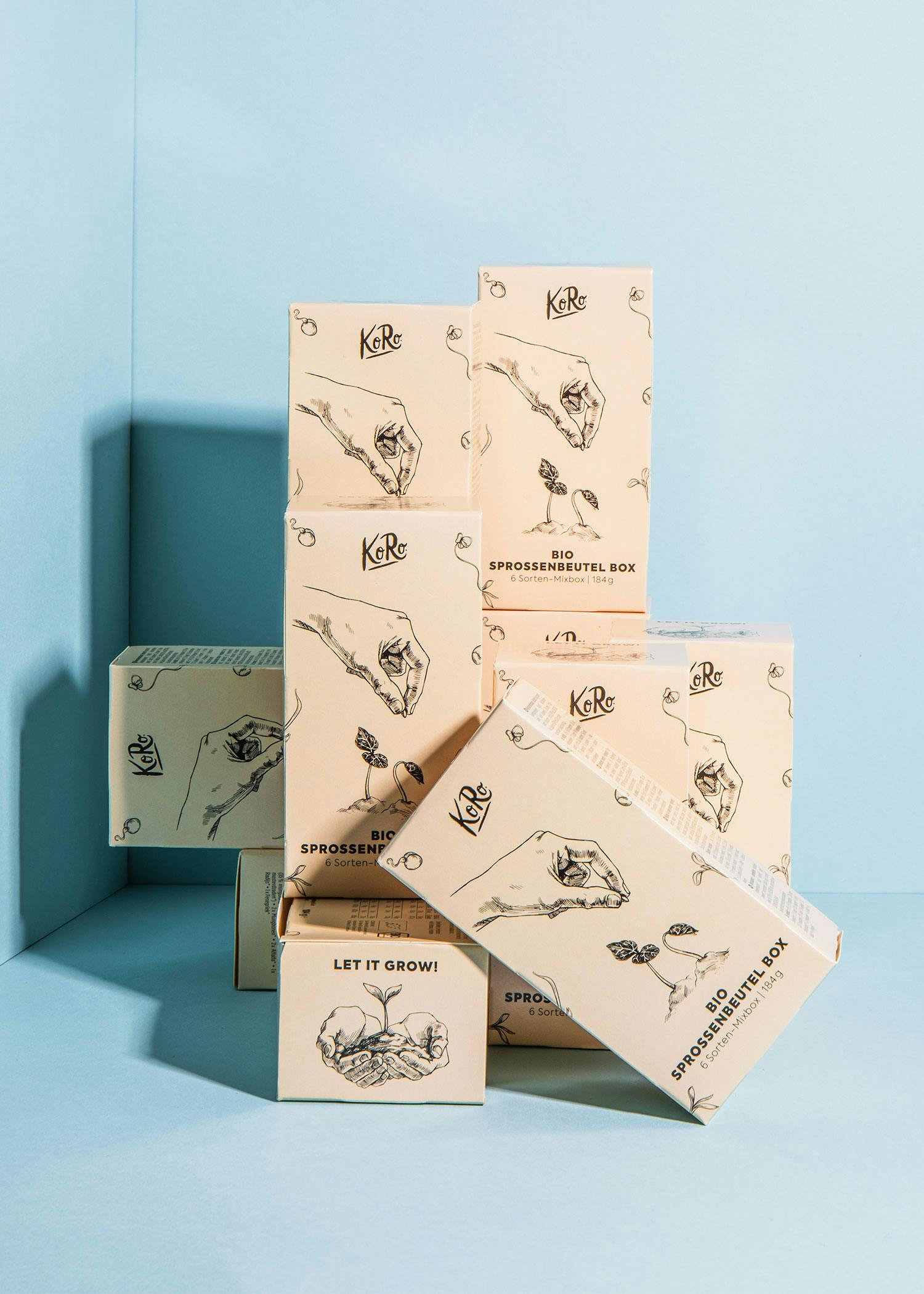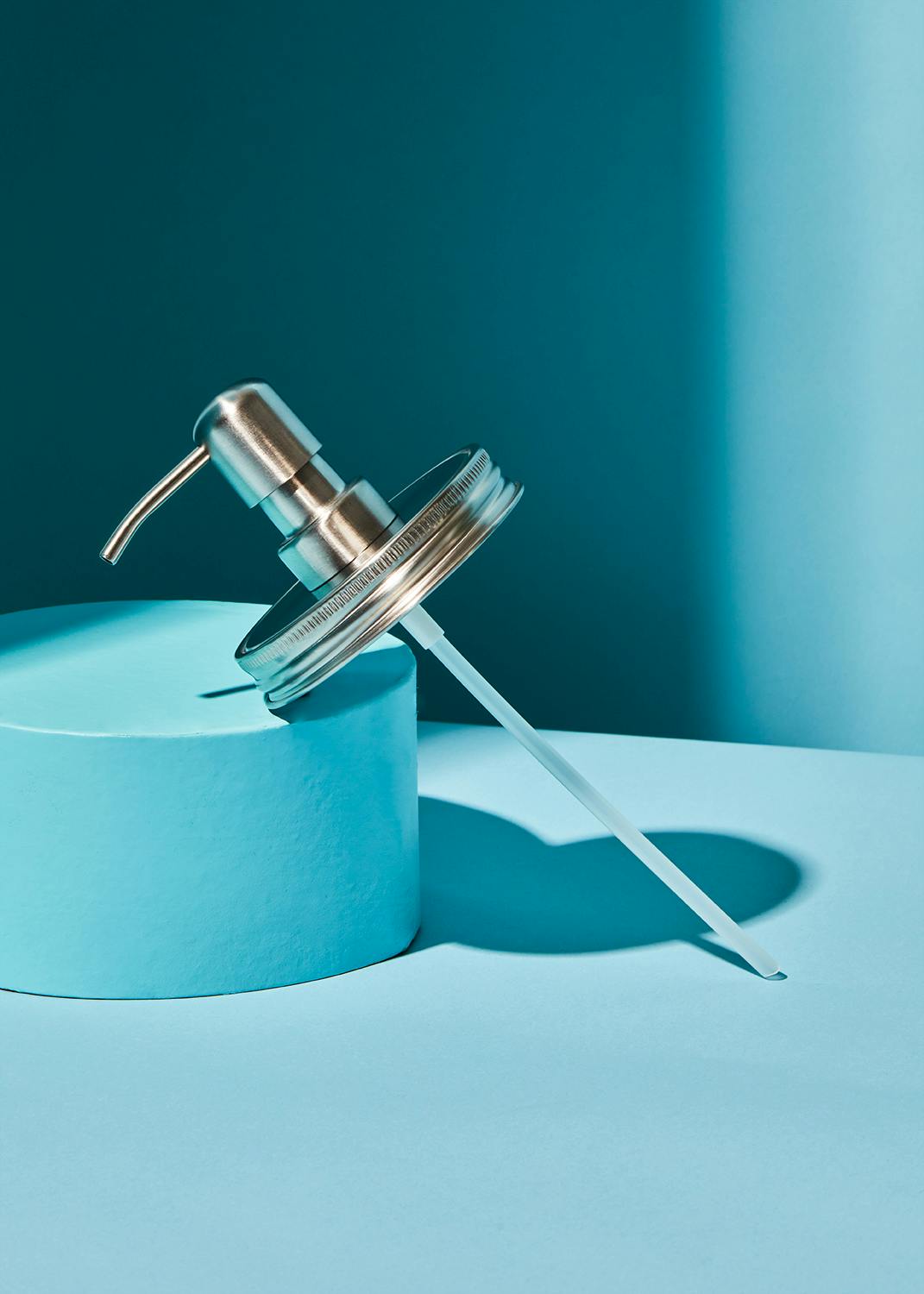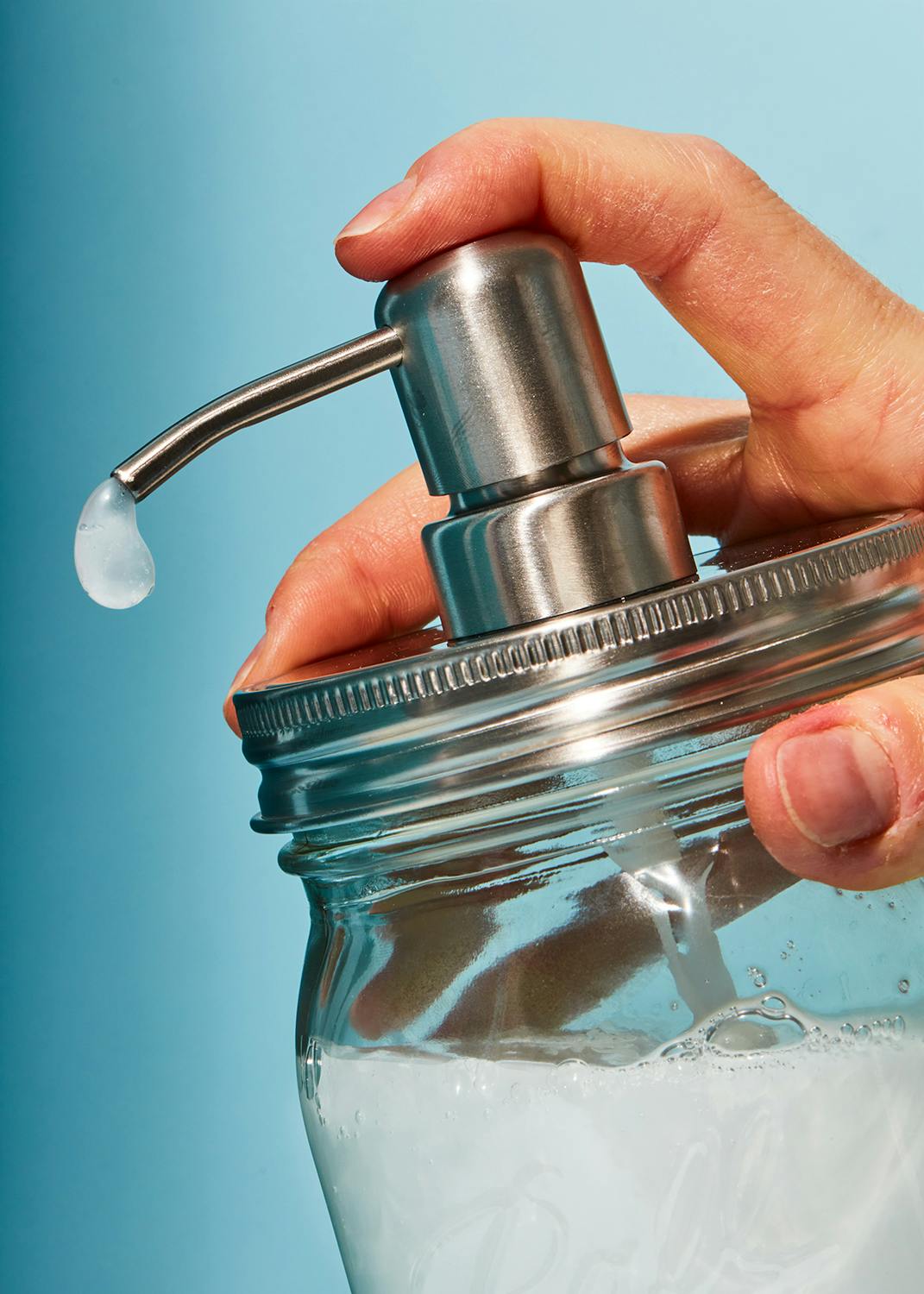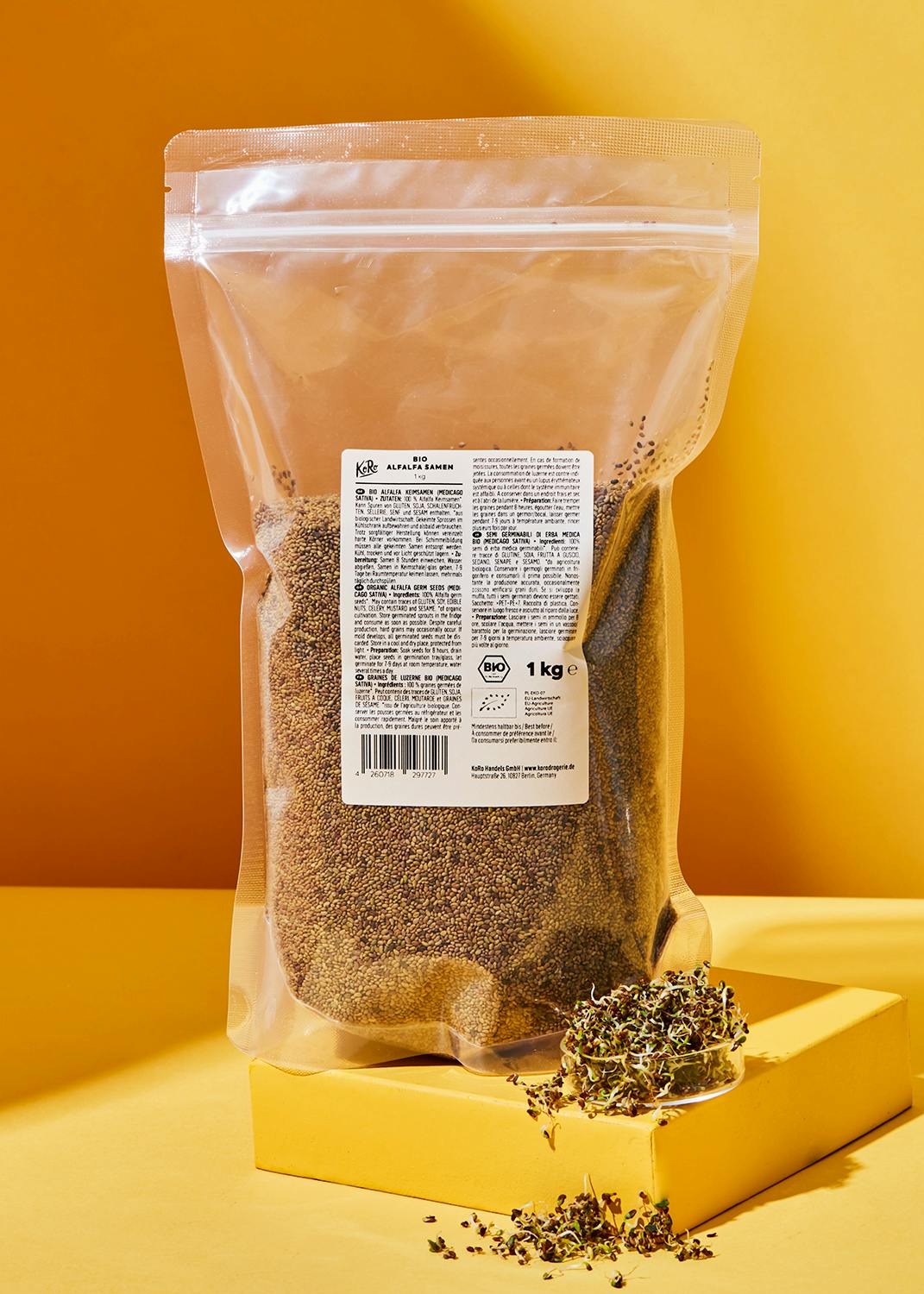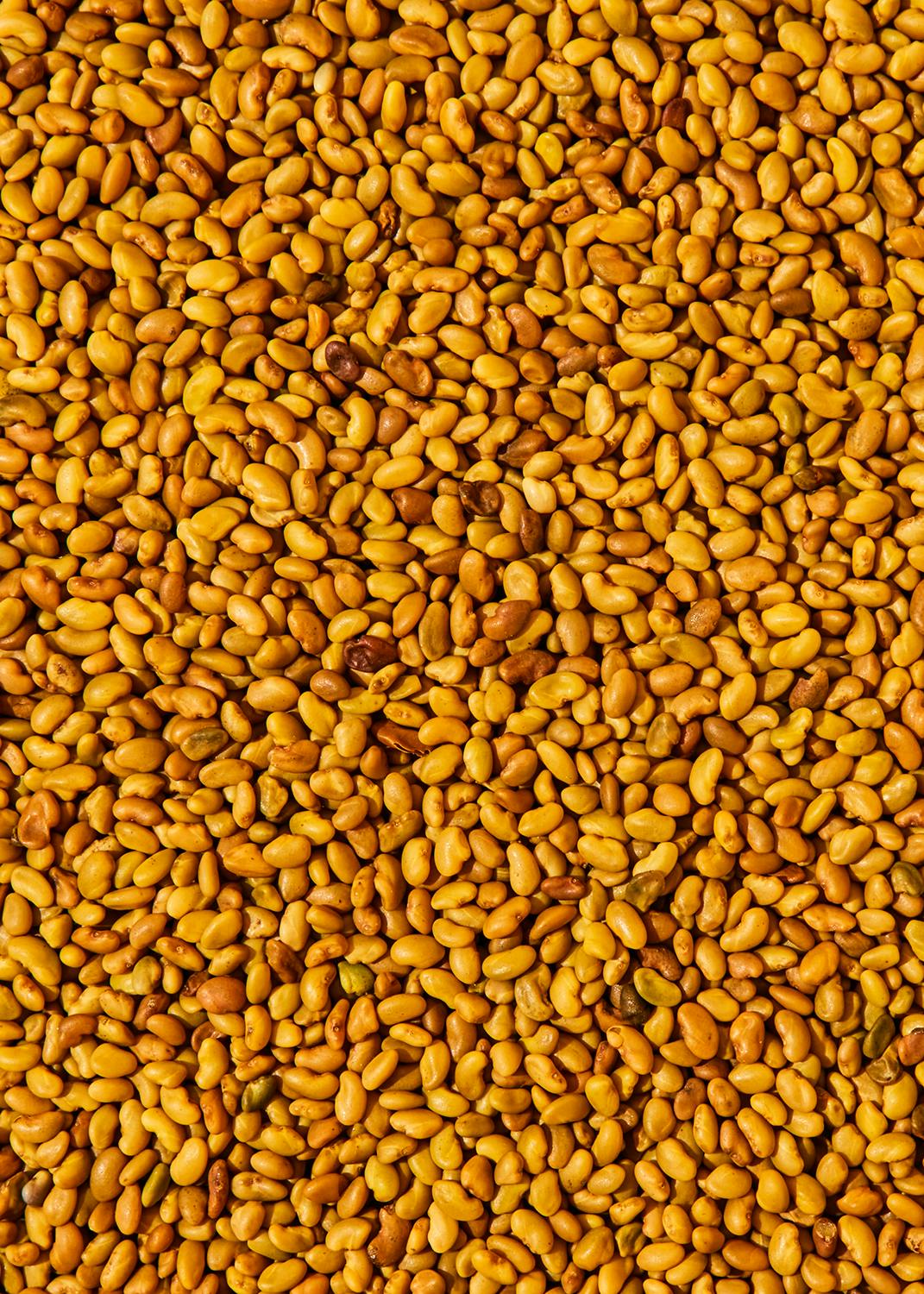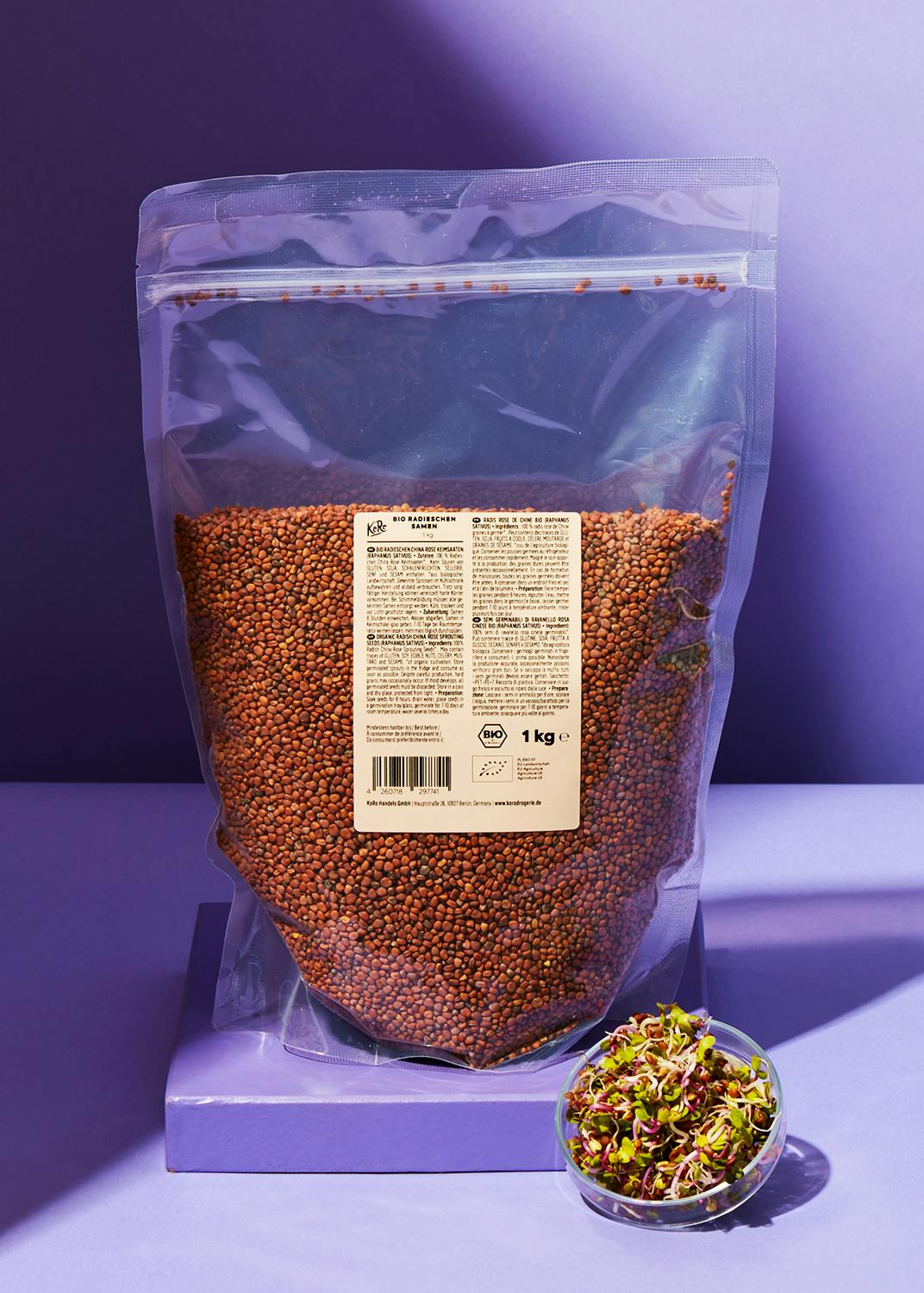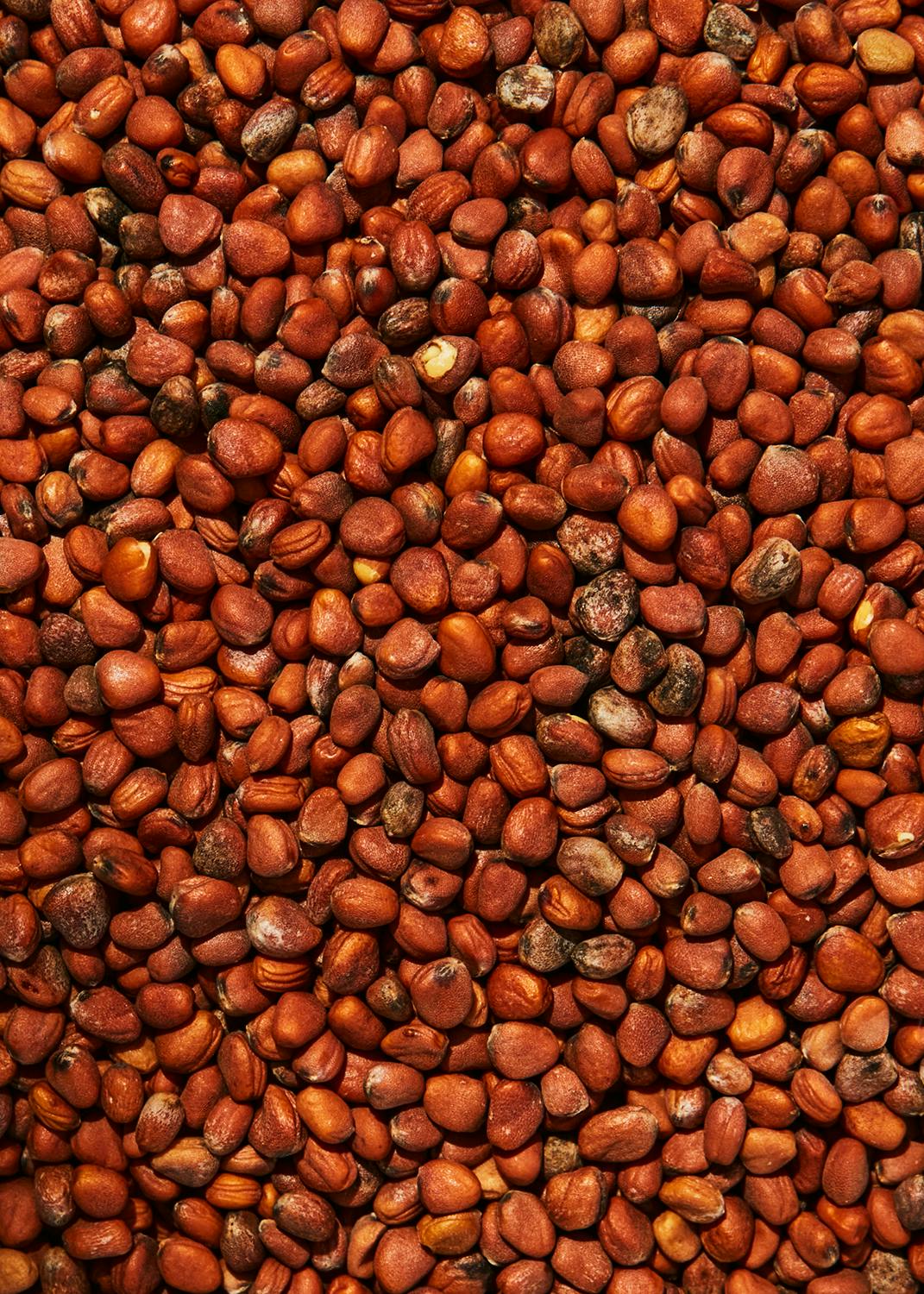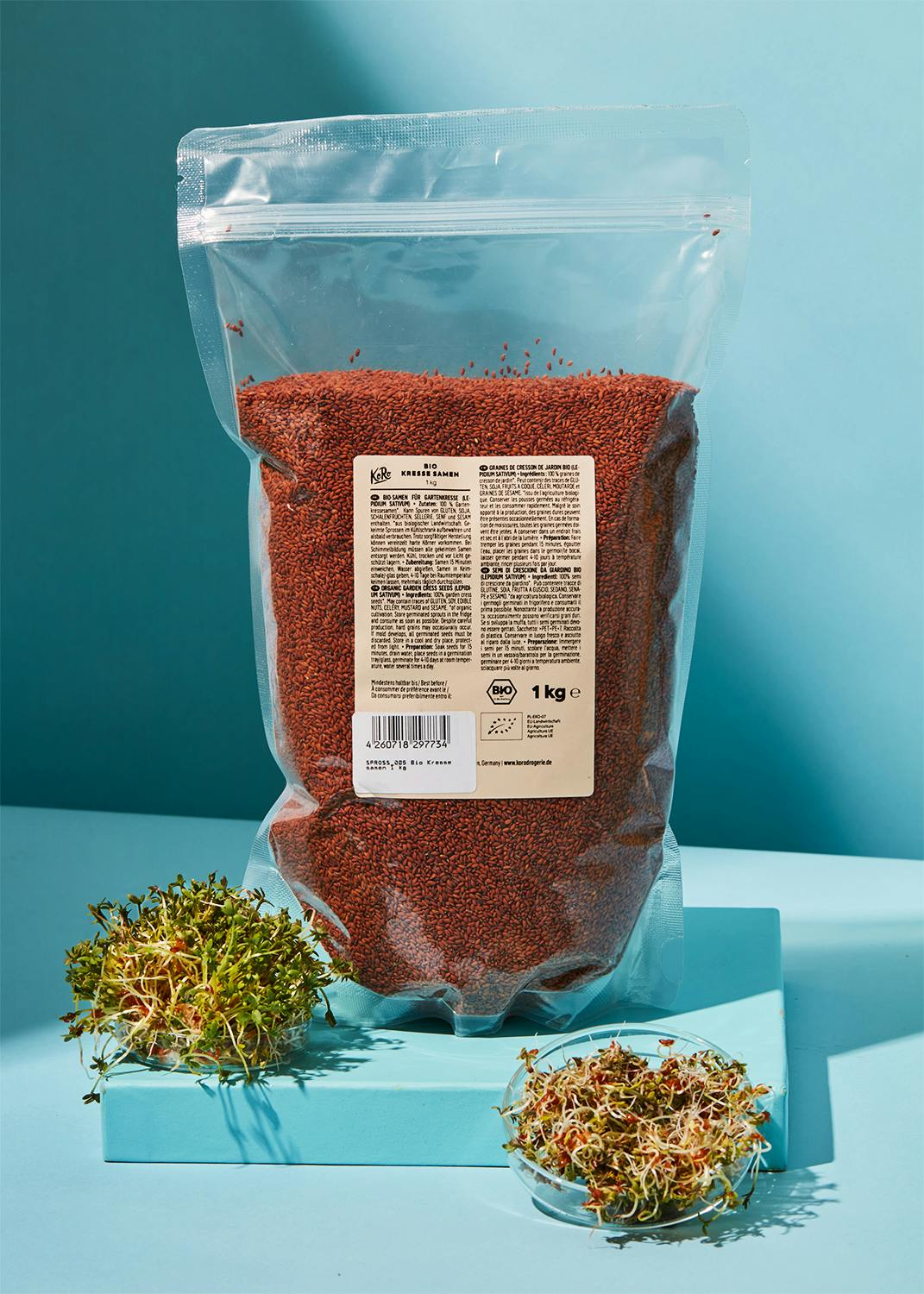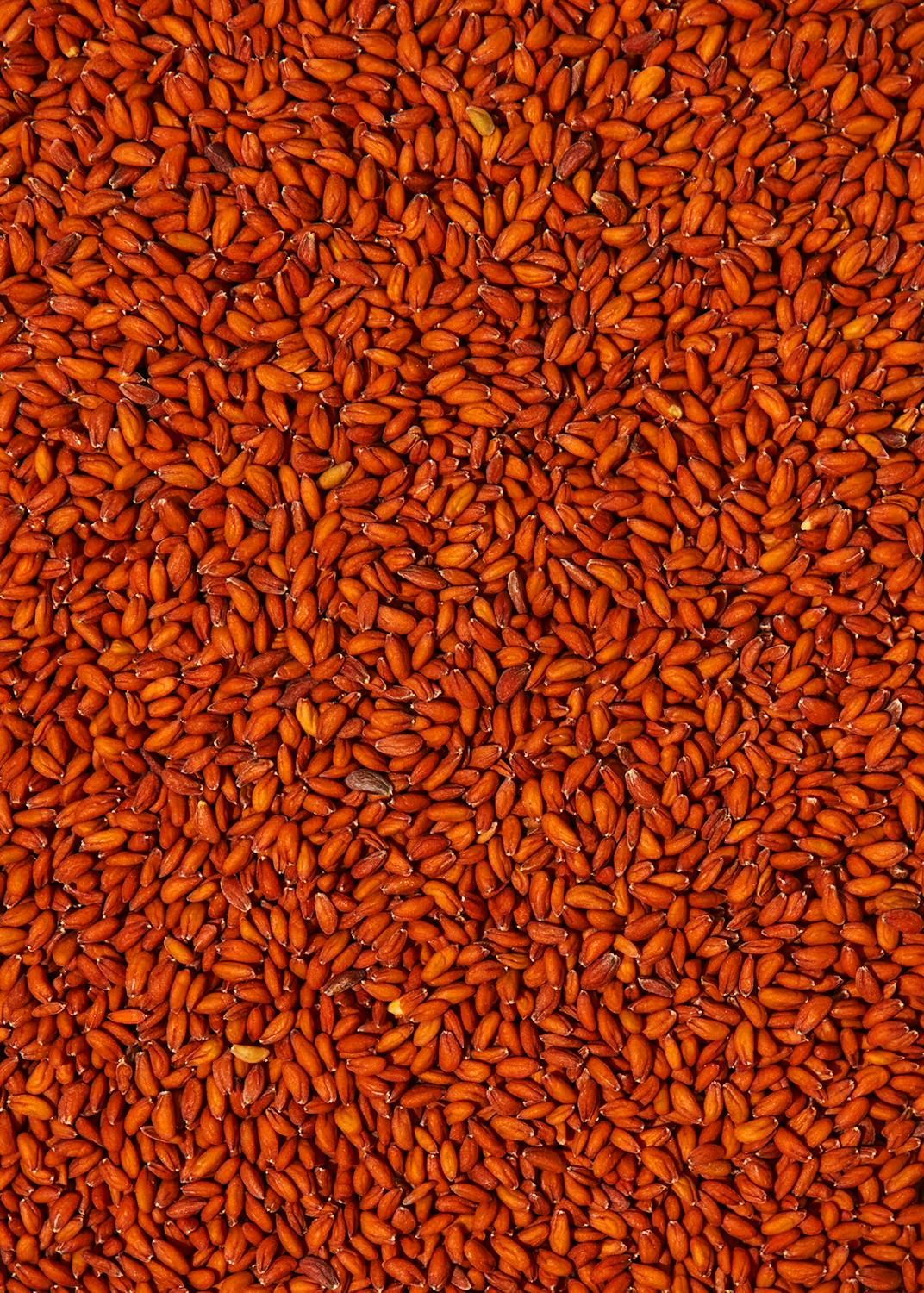Which seeds are suitable?
Any seed can swell and come to life with enough water. However, it is best to only use seeds that are specially designed for growing sprouts and are of high quality. Depending on the variety, the sprouts can taste very different: from tart and slightly bitter to mild and slightly sweet.
There are a whole host of varieties that are suitable for growing sprouts:
- Alfalfa
- Fenugreek
- broccoli seeds
- buckwheat
- Barley
- oats
- Carrot seeds
- Cress
- linseed
- Mung beans
- Radish seeds
- rye
- mustard seeds
- sesame seeds
- soybeans
- Sunflower seeds
- Wheat
Less is more
Sprout seeds are very productive. Just one or two tablespoons of seeds can produce a whole bowl of sprouts. In addition, they cannot be stored for long when germinated, so it is better to grow a small portion first. If you do want to store them, we recommend placing them in a bowl, covering them with a damp cloth and putting them in the fridge. However, as soon as the sprouts become slimy, turn brown or start to smell foul, you should dispose of them.
How it works with a sprout jar
You can buy so-called sprout jars for growing sprouts. Of course, you can also find them at KoRo. We recommend a ball mason jar as a sprouting jar. Our sprout sieve fits perfectly with it and to make sure it stays in place, there is also a matching stand with tray for your sprout jar.
Everything ready? Then let's get started!
Put one or two tablespoons of seeds in a sieve and rinse them with water. Now fill them into your sprouting jar and cover them with about twice the amount of lukewarm water. Leave the seeds to soak for the next 8 to 10 hours until they are swollen. The recommended soaking time depends on the type of sprout and is usually stated on the packaging. Once the specified time has elapsed, you can pour off the liquid. You can fish out and dispose of empty seed shells or seeds that have not swollen. Now screw the sieve lid onto the jar and place it in your sprouting jar stand (if you don't have one, you can also place the jar at an angle on the edge of a plate so that any excess water can drain away). To ensure that the sprouts grow, rinse the glass with the sprouts twice a day with fresh water and place it back in the slanted position to drain. Depending on the variety, you can harvest fresh sprouts after just a few days.
Sprout jar - DIY
If you don't want to buy a sprout jar or want to try out whether you like sprouts at all, we have a quick DIY guide for you. For your DIY sprout jar, you simply need a large jar with a screw cap. Clean the jar thoroughly and drill a few holes in the lid. The size of the individual holes should be at least 2 mm. Optionally, you can make a lid for your sprout jar from a waterproof material with holes (e.g. a few layers of plastic tulle, a perforated plastic film or similar) and a rubber band.
It's so easy with the KoRo organic sprout bag box
With the organic sprout bag box from KoRo, you don't have to fiddle around with a sprout sieve or do any manual work before you can start growing sprouts. Our sprout pack contains six different types of sprouts: 2 x sprout mix, 2 x mung beans, 2 x alfalfa seeds, 1 x radish seed and 1 x fenugreek seed. To grow the sprouts, all you need is one of the sprout bags provided and a bowl full of lukewarm water. Soak the bag of seeds in the bowl of water overnight. Then place the sprout bag in an empty container for 2 to 3 days and rinse it out once or twice a day with clear water. After a few days, your home-grown sprouts are ready to enjoy.
Refining dishes with sprouts
Sprouts can be prepared both warm and cold. Particularly firm varieties are suitable for hot dishes. These include sprouts made from pulses such as mung beans, azuki beans, lentils and chickpeas. They are great in vegetable stir-fries, soups or hearty bowls. Alfalfa sprouts are particularly suitable in cold dishes. Lentil or sunflower sprouts are also tasty when firm to the bite, e.g. on a sandwich.
Another little tip:
If you don't have a sprout jar at home, don't want to buy one and our DYI jar is too complicated for you, how about a little childhood memory? Some sprouts - such as cress, linseed, mustard seeds and wheatgrass - can also be grown in the traditional way on kitchen paper on the windowsill.
